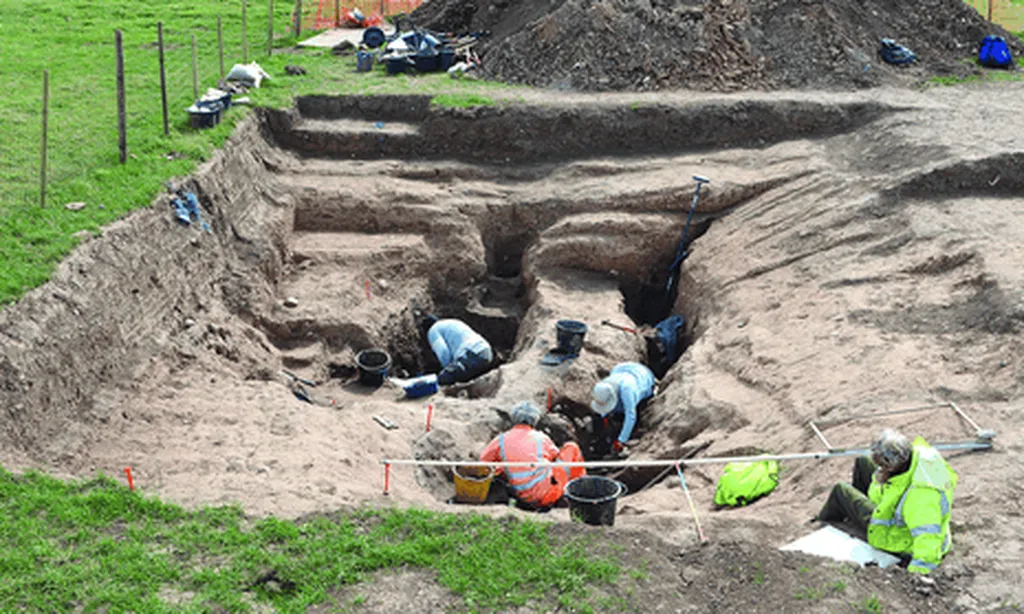In the heart of the Western Balkans, a digital revolution is quietly unfolding, and its ripples are being felt across the agricultural sector. A recent study published in the *Journal of Central European Agriculture* (translated from the original title, *Žurnal za Srednjeevropsko kmetijstvo*) sheds light on the intricate relationship between Information and Communication Technologies (ICTs), e-government advancements, and agricultural development, with a spotlight on Albania as a case study.
Led by Anila Boshnjaku, the research delves into the data from 38 European countries, providing a panoramic view of how ICT adoption and e-government services are reshaping the agricultural landscape. The findings are both enlightening and thought-provoking, revealing a significant negative correlation between ICT development and agriculture’s contribution to GDP. This suggests that while technological advancements are surging ahead, their integration into the agricultural sector is lagging behind other economic sectors.
Boshnjaku’s study utilizes a robust methodology, including correlation analysis, multivariate statistical methods, and cluster analysis, to classify countries into three distinct clusters based on ICT engagement, e-government development, and agriculture’s contribution to GDP. Albania, with its high agricultural dependency and relatively advanced e-government services, emerges as a unique case study. “Albania’s profile is particularly intriguing,” Boshnjaku notes. “It demonstrates a heavy reliance on agriculture, yet its Network Readiness level is lower compared to its regional peers. This discrepancy highlights the potential for targeted policies to bridge the gap.”
The implications of this research are profound, particularly for the energy sector, which is increasingly intertwined with agricultural advancements. As ICT adoption and e-government services continue to evolve, there is a growing opportunity to enhance digital infrastructure and foster digital literacy. These steps could catalyze a more integrated and efficient agricultural sector, ultimately driving economic growth and sustainability.
Boshnjaku’s findings also underscore the need for tailored policies that promote ICT adoption and e-government initiatives. “The key lies in targeted interventions,” she explains. “By enhancing digital infrastructure and fostering digital literacy, we can unlock the full potential of ICTs in the agricultural sector.”
As the digital revolution continues to gain momentum, the insights from this study could shape future developments in the field. By bridging the gap between technological advancements and agricultural integration, we can pave the way for a more sustainable and prosperous future. The research, published in the *Journal of Central European Agriculture*, serves as a beacon, guiding us towards a future where technology and agriculture coexist harmoniously, driving economic growth and sustainability.

